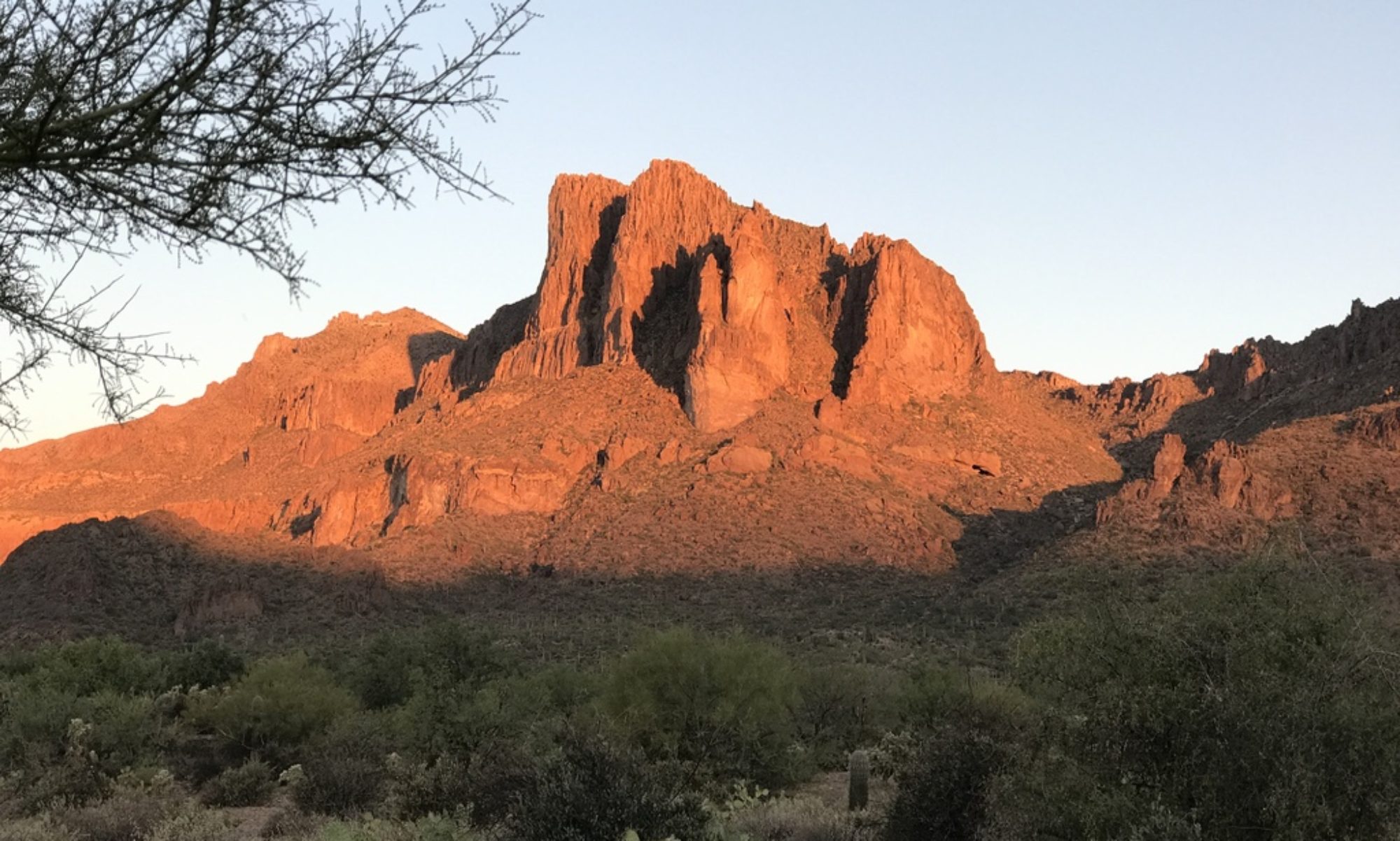Sonder
Noun: The feeling one has when realizing that every other individual has a life as full and real as one’s own. It is a synonym for “Grok” a made up word from the novel Stranger in a Strange Land by Robert Heinlein.
Example: “The festival and the feeling of oneness in a crowd filled her with sonder.”
The photo is of a barrel cactus of some sort in full fruit. I got the word from a Postcrossing card from Denmark the writer attributed it to German and said it was very useful. I think that to feel sonder is a gift and a blessing.




















